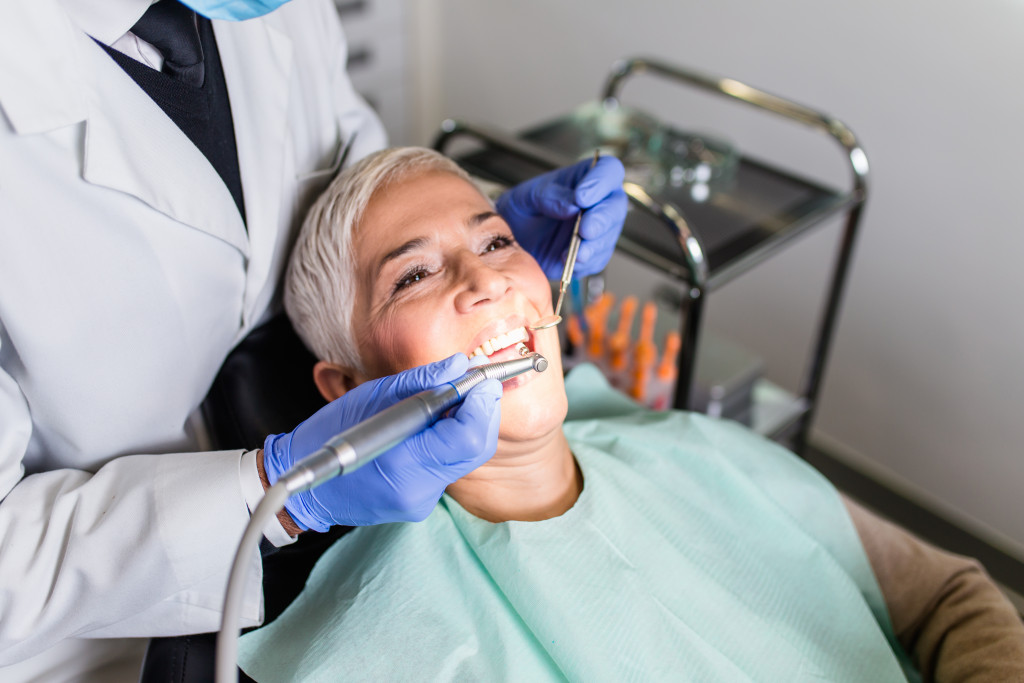It is a dental experience you are unlikely to forget.
You wake up in the night with soreness, under your tooth, that has failed to go away even with pain relief medication. You debate your options and feel that you need to seek emergency help before it gets any worse.
What are you likely to be suffering from? A dental abscess. Yikes!
When you suspect that you have a dental abscess or infection, you must contact an emergency dentist in Southgate as soon as possible. This will not only prevent the abscess from spreading, but it will probably make the treatment for it less invasive too. Plus, it will get rid of that burning sensation quickly!
But what exactly is a dental abscess and why does having one require you to see an emergency dental team? Read on to find out!
What is a dental abscess?
In simple terms, a dental abscess is a sac of pus caused by an infection. It can occur in the gums, in the tooth itself or, in severe cases, it may form in the jawbone.
How do you know you have one? Well, the discomfort is extremely difficult to ignore and can cause you to stop eating, sleeping and functioning. So, for your wellbeing, you need to see a same-day dentist as soon as you suspect an abscess.
Other signs of a dental abscess include discolouration of the gum (a blue, purple, red or even yellow tint), fever and feeling unwell in general.
How is it treated?
When you visit your dental team for treatment of an abscess, there are typically 2 long-term choices.
If the tooth, that the abscess is under, is severely decayed, they may opt for the extraction of that tooth. If your tooth is in good condition and the infection is under the tooth, you may be offered a root canal. This enables your dentist to drill into the root(s) of the tooth and physically remove the infected pulp.
Before these options, your dentist will probably offer you antibiotics to get the infection under control and alleviate the discomfort.

Aftercare
If you have had an extraction, you will need to keep the site clean and free from debris to prevent dry socket or secondary infection. If you have had stitches (for which you will need to make an appointment), either they may be removable, or they may dissolve away on their own.
Following a root canal, the aftercare is almost non-existent. The tooth that you have had the root canal performed on may be sore and feel bruised for a few days. This is normal and should pass by itself. If you need to, take pain relief medication to ease the process.
Prevention
Preventing a recurrence of a dental infection will involve upping your dental hygiene regimen at home and ensuring that you attend your biannual check-ups. If you have had recent facial trauma and one of your teeth has cracked, seek urgent dental attention to prevent an infection from forming.
